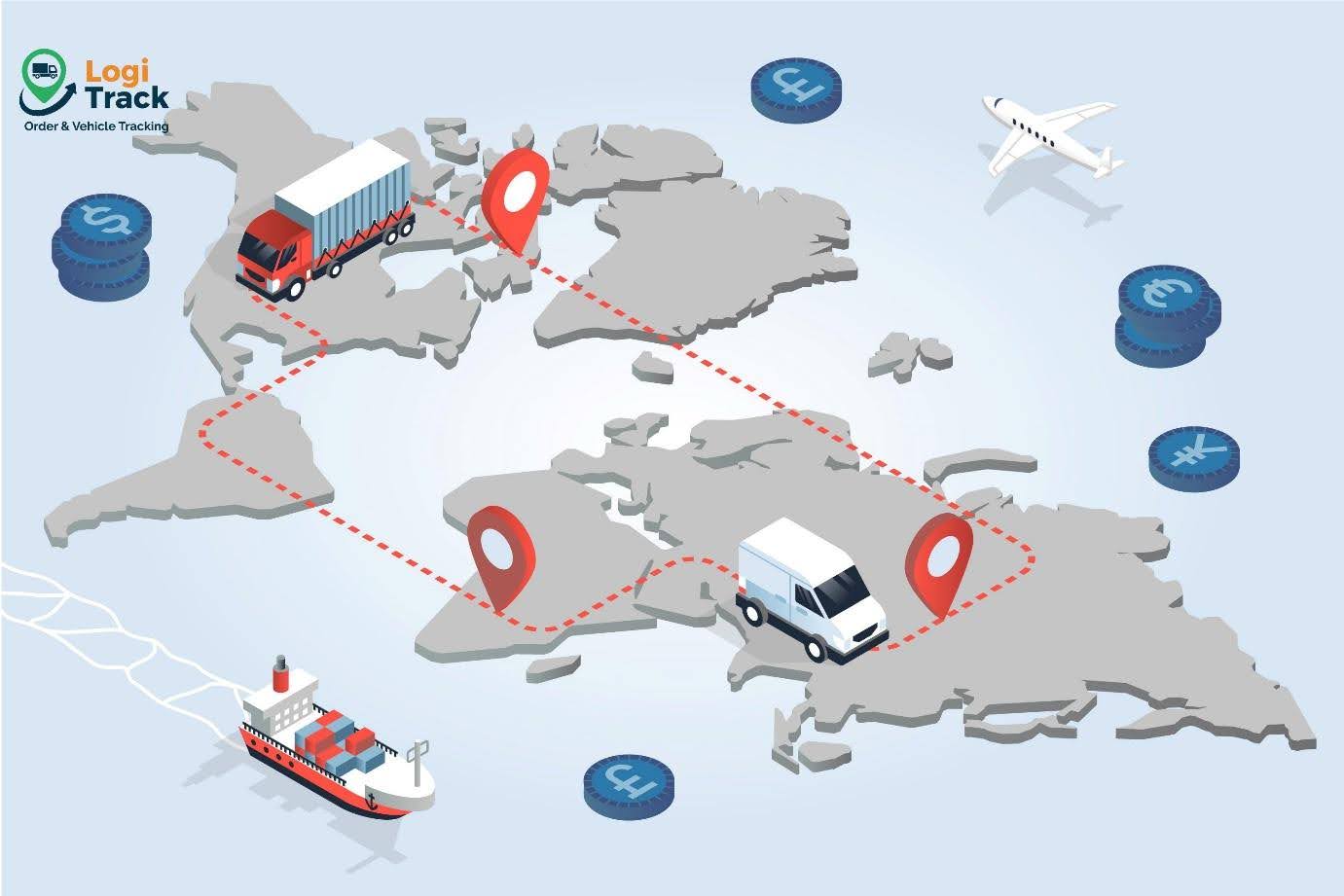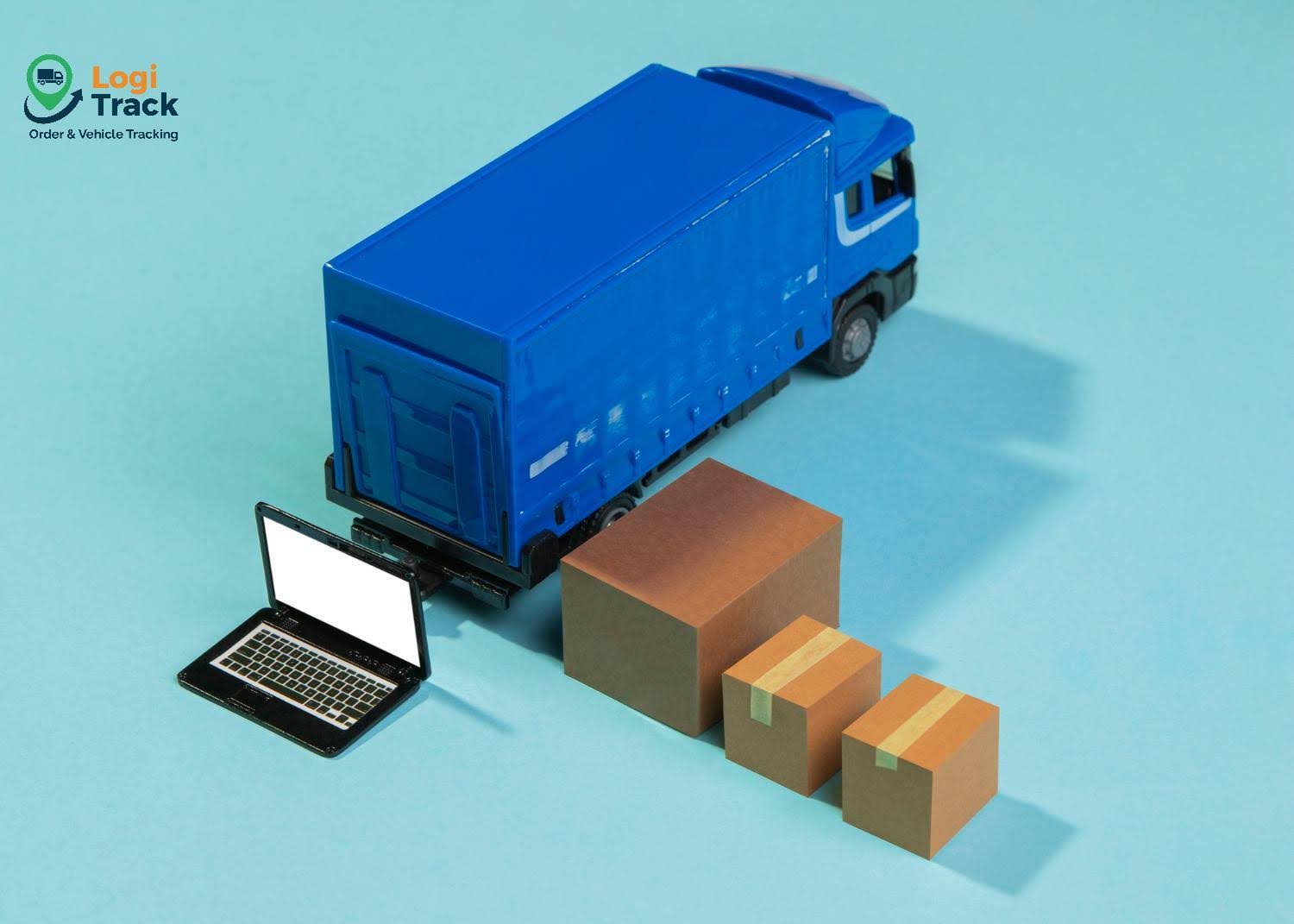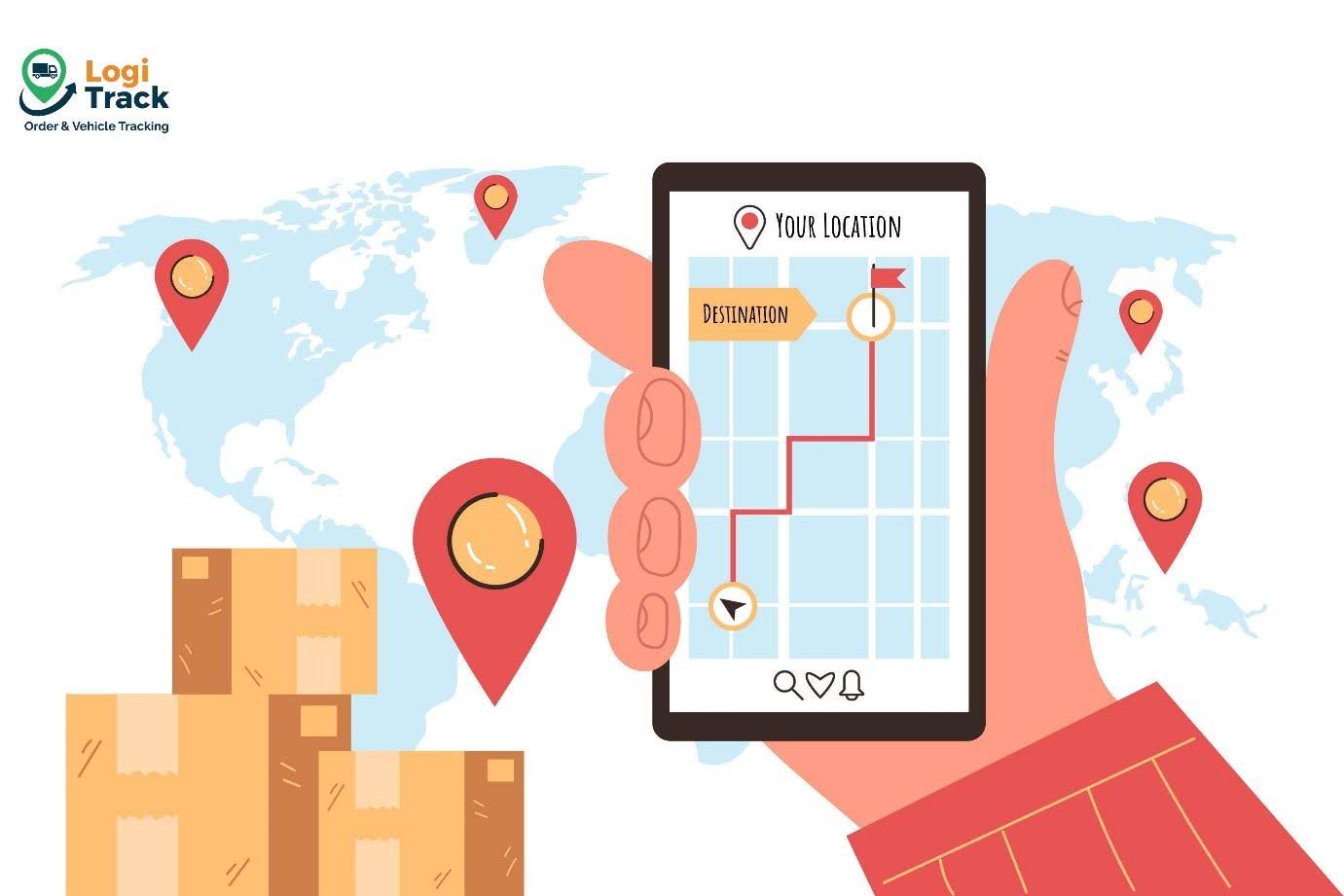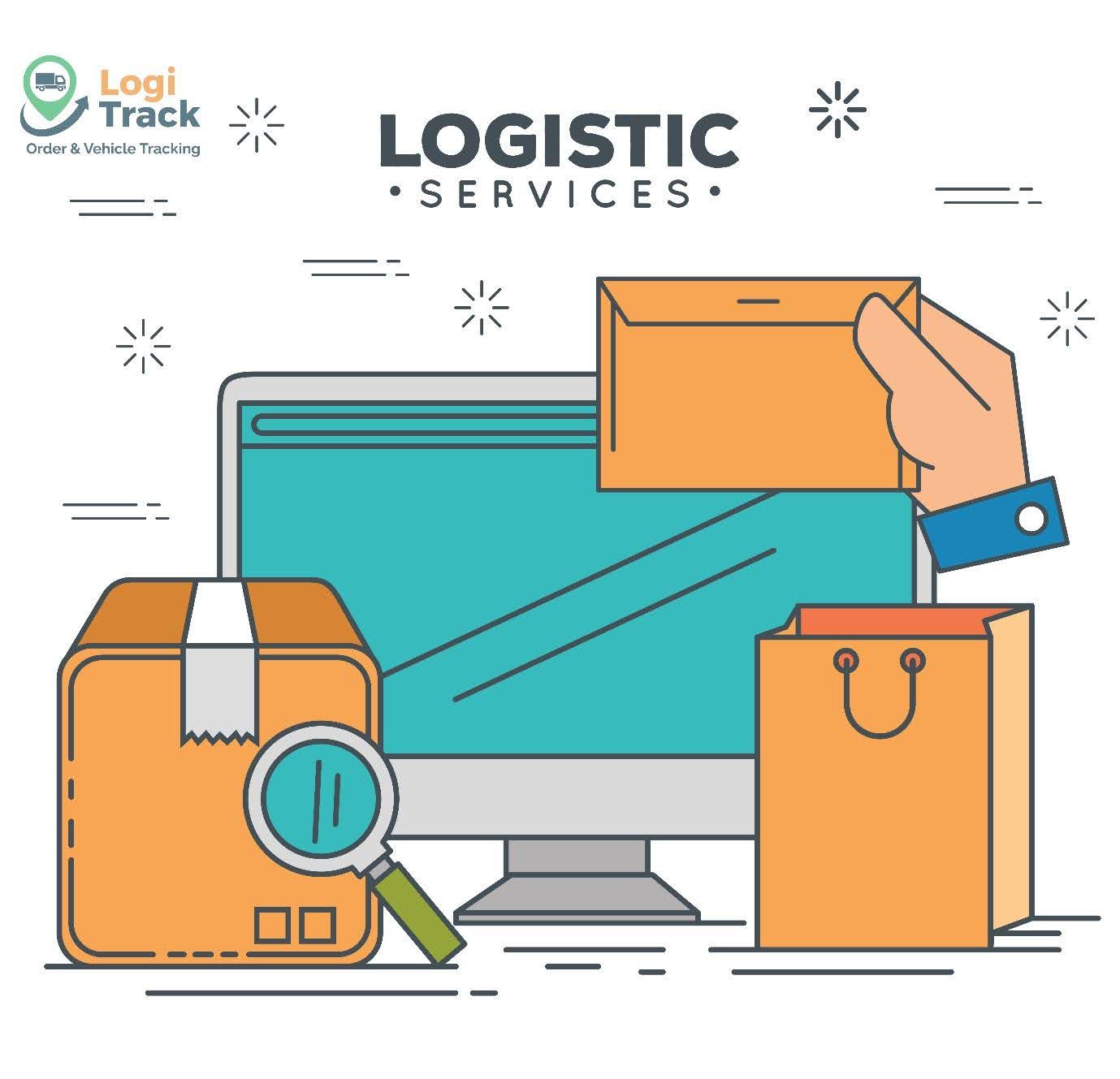The logistics industry plays an important role in Vietnam’s economic development. Nowadays, businesses often turn to logistics software to optimize the management of goods, warehouses, and transportation. These software solutions are increasingly becoming indispensable tools for logistics companies. To learn how to choose the most suitable logistics software, let’s explore the following information.
Logistics software today is extremely diverse, with many different types available.
Why Do Businesses Need Logistics Software?
In the past, many logistics companies in Vietnam managed their operations manually or with basic tools. However, these methods no longer meet today’s demands, as customers now expect transparent, fast, and accurate processes.
That’s why logistics software has emerged—providing optimal solutions for businesses to address issues such as:
-
Real-time management, monitoring, and transportation tracking.
-
Route optimization to reduce fuel costs and travel time.
-
Efficient inventory management to minimize product loss.
-
Data analysis support to help businesses manage operations more effectively.
A suitable software solution can help logistics companies improve service quality and strengthen their reputation in the market.
Common Challenges When Choosing Logistics Software
Choosing logistics software today is not easy, especially when the market offers a wide range of solutions from various providers. Some common difficulties businesses often face when selecting logistics software include:
-
Difficulty in identifying actual needs: Many businesses are still unsure whether they need transportation management software, warehouse management software, or an integrated all-in-one logistics solution.
-
High investment costs: Small businesses often hesitate due to the cost of logistics software and concerns about long-term operational expenses.
-
Lack of integration: Some software solutions are not compatible with existing ERP or CRM systems, causing significant operational challenges.
-
Employee adaptability issues: If the software has a complex interface, staff may take a long time to learn how to use it, leading to delays and reduced implementation efficiency.
These barriers make it essential for businesses to carefully evaluate their options when choosing logistics software, to avoid misdirected investments and resource waste.
Key Criteria for Selecting Logistics Software 
Choose Software That Meets the Right Criteria and Features for Your Business
To select logistics software that best suits your business, it’s important to consider the following criteria:
1. Suitable Features
Every logistics enterprise has its own operational model. A transportation company will have different needs compared to a warehousing business. Therefore, it’s crucial to choose logistics software that provides the right core features instead of chasing unnecessary extras.
2. Scalability for Future Growth
As your business expands, the software should be able to scale accordingly. When choosing logistics software, prioritize solutions that can be upgraded in the future to avoid having to reinvest in a completely new system later on.
3. Reasonable Cost and Long-Term Efficiency
Businesses shouldn’t only focus on the initial purchase cost. Instead, consider ongoing expenses such as maintenance, support, data security, and employee training. These factors determine the software’s long-term effectiveness.
4. User-Friendliness
Choose software with a simple, intuitive interface. This helps staff quickly become familiar with the system, minimizes operational errors, and enhances efficiency.
5. Security and Support
Since logistics involves handling sensitive data, businesses should opt for software with strong security features and responsive customer support from the provider.
How to Choose the Right Logistics Software for Your Business
To select the most suitable logistics software, businesses should consider the following steps:
-
Identify actual needs: Clearly list the current challenges your business is facing to find software that directly addresses those needs.
-
Check integration capability: Choose software compatible with your existing systems such as ERP, CRM, or accounting platforms to ensure smooth operation.
-
Try before you buy: Make use of free trial packages to allow your team to experience the software firsthand and assess its usability and compatibility with your operations.
Logistics software is not just a supporting tool—it’s a strategic partner that helps Vietnamese logistics businesses grow sustainably. Choosing the right software can create a strong competitive advantage, optimize costs, and enhance customer experience.
Is your business looking for a more efficient and cost-effective logistics solution? Logitrack offers a comprehensive management platform for warehouses, transportation, and orders—optimizing every step of your supply chain.
Experience it today to boost productivity and strengthen your position in Vietnam’s logistics market.









